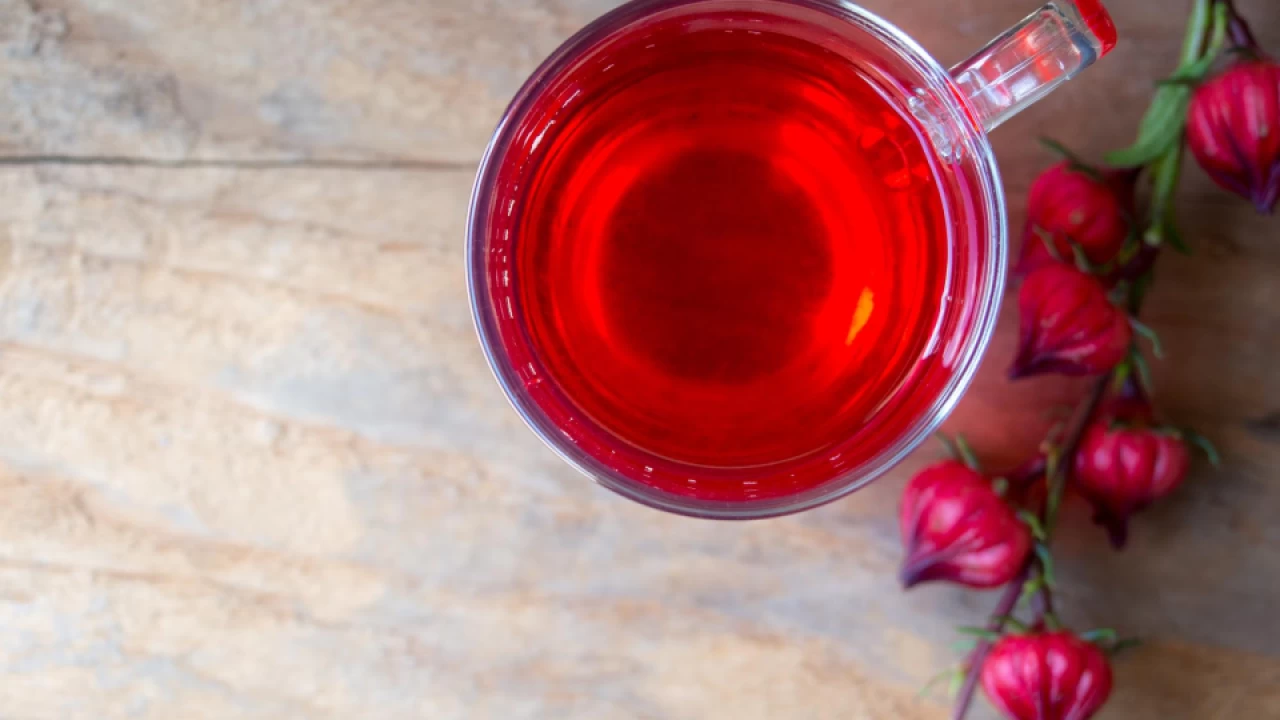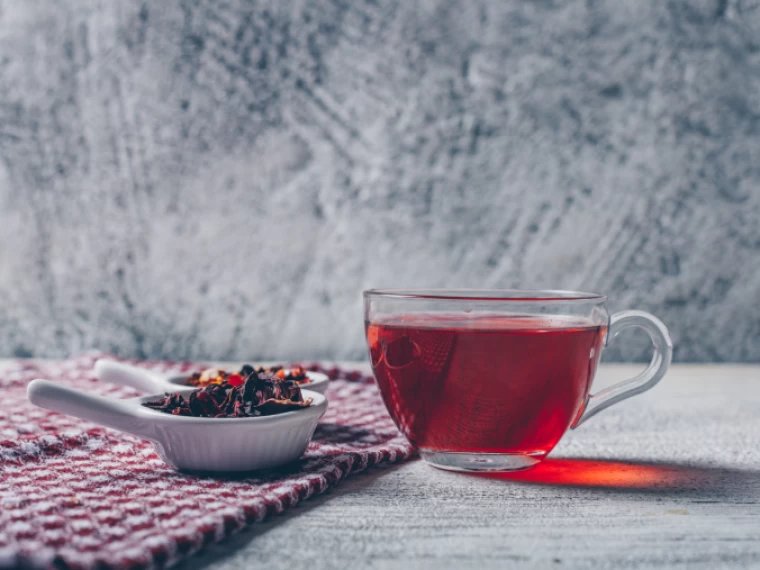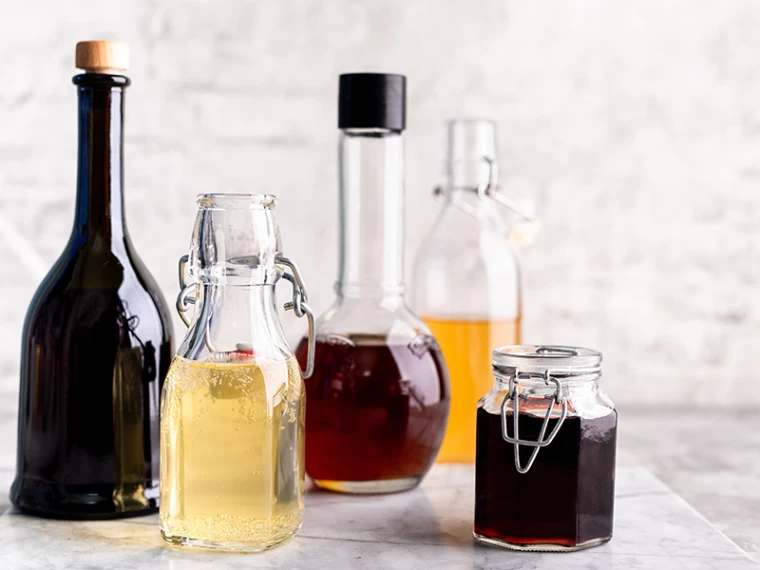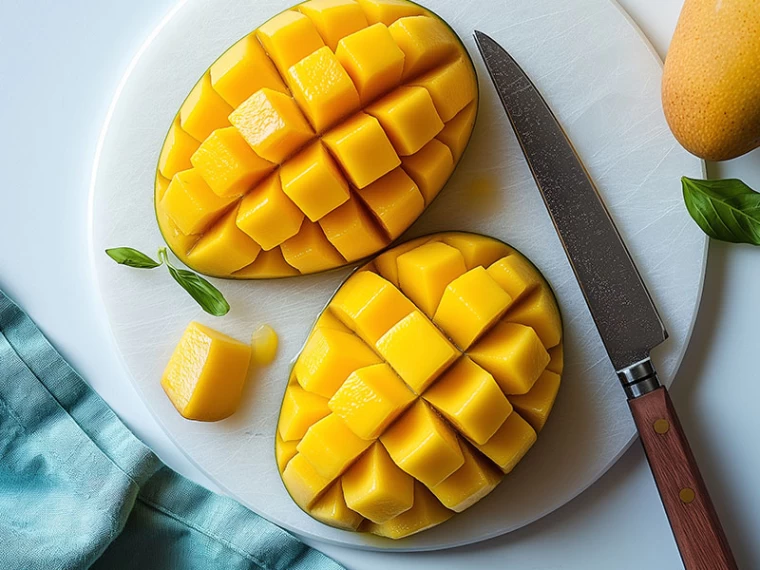Hibiscus tea, also known as Roselle tea, is one of the most popular herbal infusions worldwide due to its tangy flavor and vibrant red color. This tea is rich in antioxidants and beneficial minerals for the body. It has been used in traditional medicine since ancient times to help regulate blood pressure, reduce stress, and more. In this article, we will first explore the scientifically backed benefits of hibiscus tea, then discuss the best times to consume it, and finally provide essential preparation tips and consumption precautions.
Benefits of Hibiscus Tea
- Blood Pressure Regulation
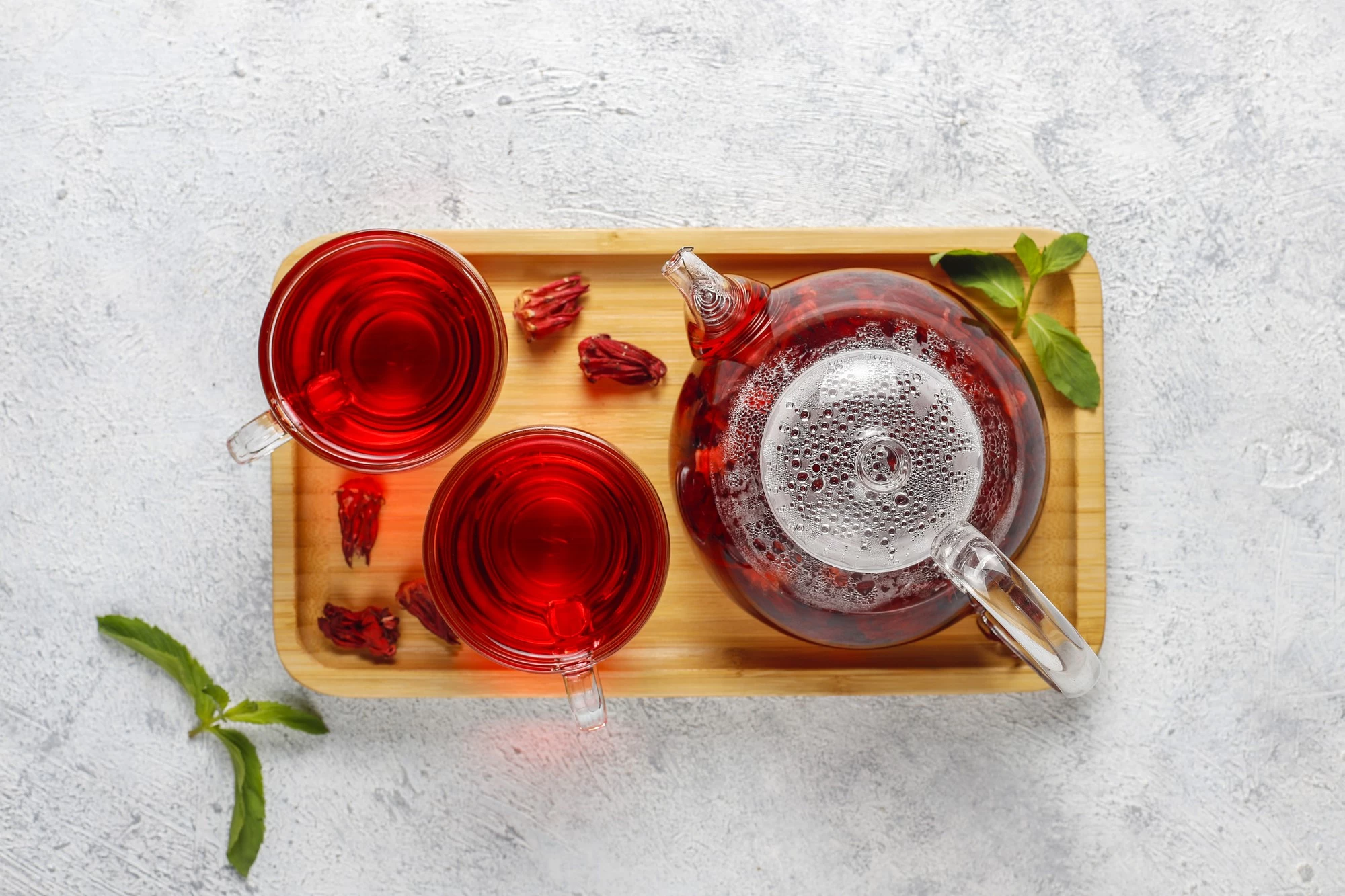
One of the most well-known benefits of hibiscus tea is its ability to help reduce or regulate blood pressure. Studies suggest that regular consumption may have a positive impact on those prone to high blood pressure, especially when combined with a healthy, low-sodium diet.
- Rich in Antioxidants
Hibiscus tea contains a high amount of anthocyanins and polyphenols, known for their antioxidant properties. These compounds protect cells from free radical damage, helping prevent premature aging and some chronic diseases.
- Weight Management Support
While hibiscus tea isn't a miracle solution for weight loss, research indicates that regular and moderate consumption can contribute to maintaining a healthy body weight by reducing fat absorption. It is low in calories and can be a good option for weight management if consumed without sugar.
- Improves Liver Function
The antioxidants in hibiscus tea can help improve liver health and enhance its ability to eliminate toxins. However, excessive consumption might have the opposite effect, so it’s important to drink it in moderation.
- Regulates Cholesterol Levels
Some studies suggest that hibiscus tea helps lower bad cholesterol (LDL) and increase good cholesterol (HDL), which can ultimately aid in preventing cardiovascular diseases.
Best Times to Drink Hibiscus Tea
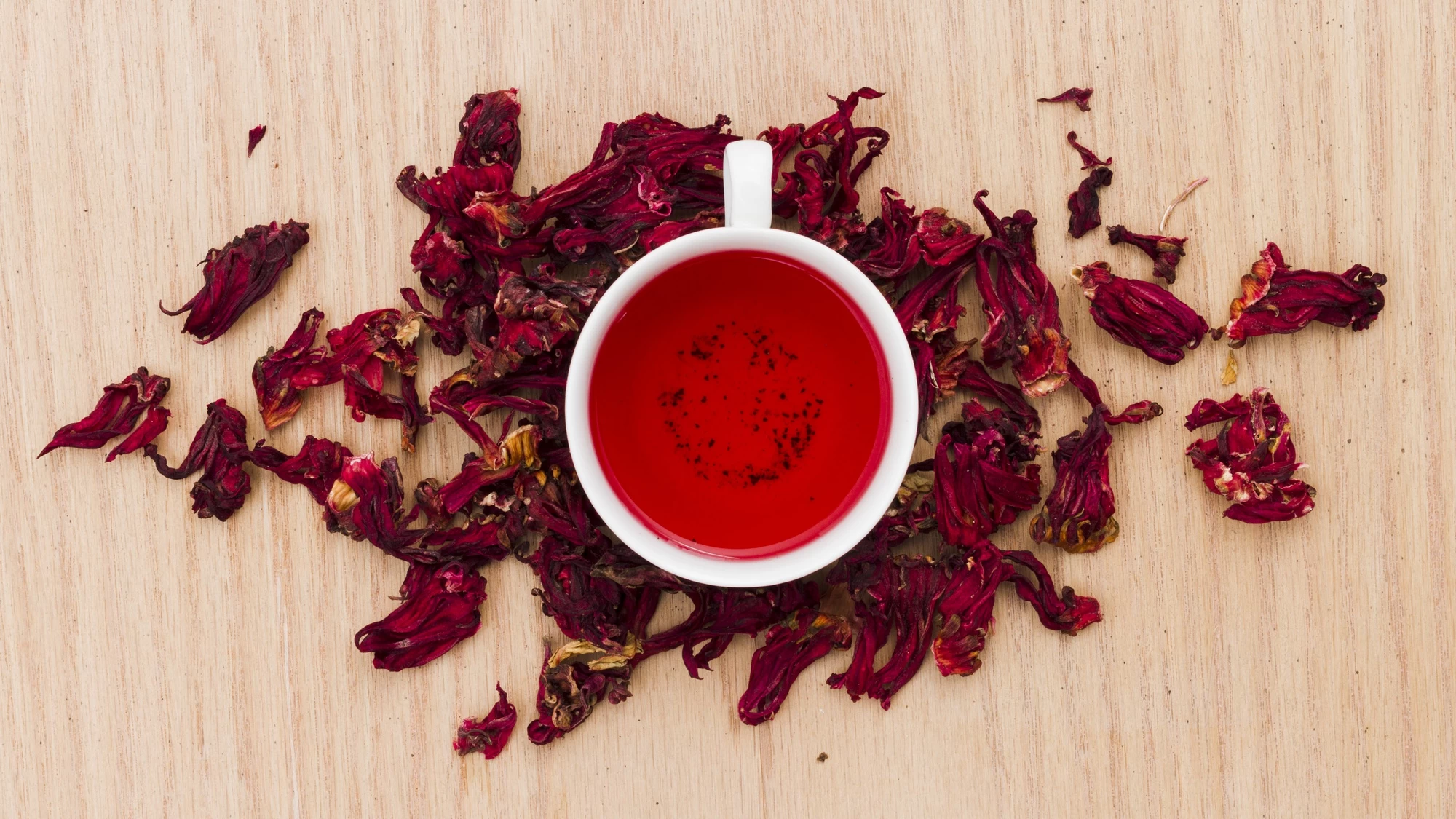
- between Meals
Drinking hibiscus tea as a mid-morning or afternoon snack can help support digestion, reduce fake hunger, and prepare the body for the next meal without interfering with nutrient absorption.
- after a Heavy Meal
If you've eaten a high-fat or heavy meal, hibiscus tea can help digest fats more easily. However, it is recommended to wait at least 30–60 minutes after eating before drinking it, allowing the stomach to begin processing food first.
- before Bedtime
Hibiscus tea is generally caffeine-free, meaning a cup before bed can help some people relax and improve their sleep quality. However, those with sensitive stomachs should avoid adding artificial sweeteners or stimulants.
- before or After Exercise
A cup of hibiscus tea before exercise may help reduce oxidative stress, thanks to its antioxidants. Drinking it after a workout can also help rehydrate the body and restore minerals.
Potential Side Effects & Consumption Precautions
- May excessively lower blood pressure
Those taking blood pressure medications or blood-thinning drugs should be cautious, as hibiscus tea might lower blood pressure too much.
- Possible interactions with certain medications
Hibiscus tea can interfere with diuretics, cholesterol-lowering drugs, and birth control pills. Consult a doctor before incorporating it into a daily routine.
- May trigger acid reflux
Due to its high acidity, hibiscus tea may aggravate acid reflux in some ones. If prone to reflux, consume it with caution and reduce intake.
- Pregnancy & breastfeeding considerations
There is limited research on hibiscus tea's effects in pregnancy and breastfeeding. Expecting and nursing mothers should avoid excessive consumption or consult a healthcare provider.
How to Properly Prepare Hibiscus Tea
- Choose fresh petals – Use high-quality petals for better flavor and health benefits.
- Boil water: Bring one cup of water to boil.
- Add petals: Use one tablespoon of dried hibiscus petals.
- Steep: Let it brew for 5–7 minutes. Over-brewing may make it too bitter.
- Strain & serve: Remove petals and pour the tea into a cup.
- Sweetening tip: Use honey or natural sweeteners instead of excess sugar.
Pairing Hibiscus Tea with Other Herbs
- Hibiscus & Ginger – Enhances anti-inflammatory and warming effects.
- Hibiscus & Cinnamon – Cinnamon’s sweet, warm flavor complements hibiscus’ tartness.
- Hibiscus & Mint – Adds a refreshing coolness to the tea.
Conclusion
Hibiscus tea is a delightful, antioxidant-rich herbal drink that may help regulate blood pressure, support digestion, and aid in weight management. The best time to drink it is between meals or after a heavy meal. Its caffeine-free and relaxing properties make it suitable for evening consumption. However, those taking specific medications or dealing with medical conditions should consult a doctor before making it a routine drink.
Frequently Asked Questions (FAQ)
- Can hibiscus tea be consumed daily?
Yes, but in moderation. If taking medications or having existing health conditions, consulting a doctor is recommended.
- Can the sour taste of hibiscus tea cause digestive issues?
For some people, its acidity may trigger reflux. If uncomfortable, reduce concentration or intake.
- How can hibiscus tea help with weight management?
Consuming it without sugar alongside a balanced diet can support appetite control.
- Can hibiscus tea be brewed with cold water?
Yes, but it requires longer steeping time and refrigeration for a refreshing chilled drink.
- Is hibiscus tea safe in pregnancy?
Due to limited studies, it’s best to avoid excessive consumption or consult a doctor.
By following these guidelines and consuming it in moderation, hibiscus tea can be a part of healthy lifestyle and contribute to overall body health. Enjoy your hibiscus tea responsibly! 😊

